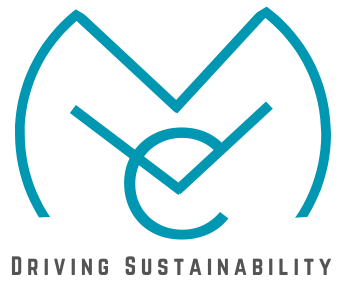1. Introduction
MeVaChi Solutions (“MeVaChi,” “we,” “us,” or “our”) is committed to providing a reliable and efficient user experience for our indoor air quality solutions. This Cache Policy outlines how we leverage caching mechanisms to improve performance while maintaining data accuracy and security.
2. Types of Caches
MeVaChi utilizes two primary cache types:
- Content Delivery Network (CDN) Cache: This cache stores static website assets (images, scripts, CSS) to improve website loading speeds for geographically dispersed users.
- Application Cache: This cache stores frequently accessed application data to reduce database load and improve response times when users interact with our solutions.
3. Cache Behavior
3.1 CDN Cache
- Write Policy: Write-through. Updates to website assets are immediately reflected in the CDN cache.
- Replacement Policy: Least Recently Used (LRU). The least recently accessed asset is removed when cache storage reaches capacity.
- Cache Invalidation: We employ versioning and invalidation protocols to ensure the CDN cache reflects the latest versions of website assets.
3.2 Application Cache
- Write Policy: Write-back with configurable expiration times. Data updates are written back to the source database periodically or upon specific events.
- Replacement Policy: Least Recently Used (LRU) with a Time-To-Live (TTL) mechanism. Data exceeding its designated TTL is removed from the cache.
- Cache Invalidation: Real-time updates from sensors or user interactions trigger cache invalidation for relevant data points.
4. Content Types
- CDN Cache: Stores static content with long expiration times (e.g., weeks or months) unless manually invalidated.
- Application Cache:
- Stores frequently accessed sensor data and user preferences with moderate TTLs (e.g., minutes or hours).
- Excludes real-time sensor readings and sensitive user information.
5. Performance Goals
- Reduce server load for improved responsiveness of our indoor air quality solutions.
- Minimize data staleness by implementing appropriate cache invalidation mechanisms.
6. Security Requirements
- Access to cached data is restricted based on user roles and permissions.
- Sensitive user information is not stored in any cache.
- All cached data is encrypted at rest and in transit where applicable.
7. Monitoring and Logging
- We monitor cache performance metrics like hit rate, miss rate, and eviction rate to identify potential bottlenecks and optimize configurations.
- Cache activity logs are maintained for troubleshooting and analysis purposes.
8. Operational Processes
- The IT department is responsible for managing cache configurations and ensuring policy compliance.
- Procedures are in place for updating cache configurations, troubleshooting issues, and performing periodic cache health checks.
9. Review and Updates
This Cache Policy will be reviewed and updated periodically to reflect changes in our technology stack, user needs, and security best practices.
This cache policy ensures MeVaChi leverages caching effectively for optimal user experience while maintaining data integrity and security for our indoor air quality solutions.
